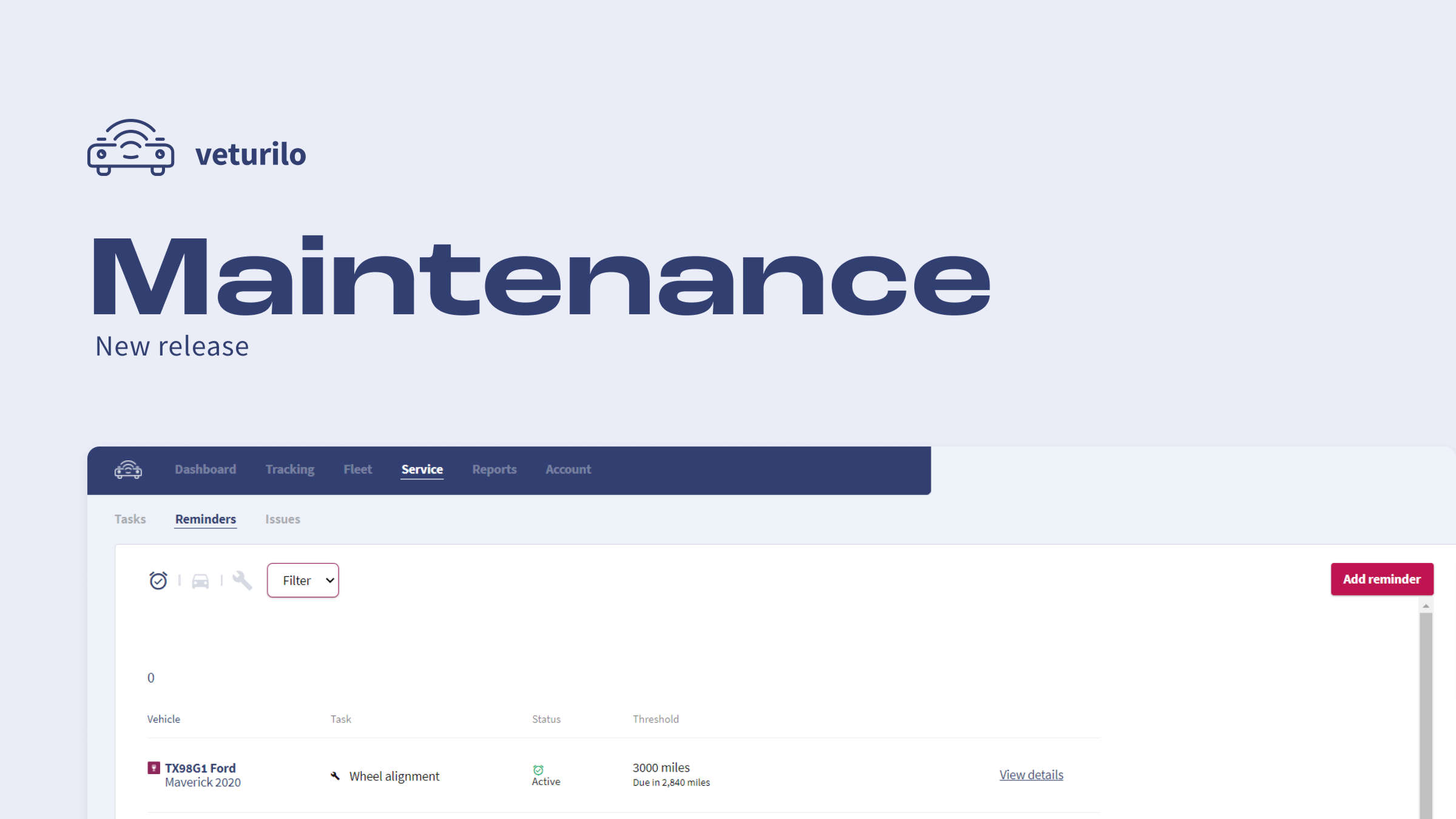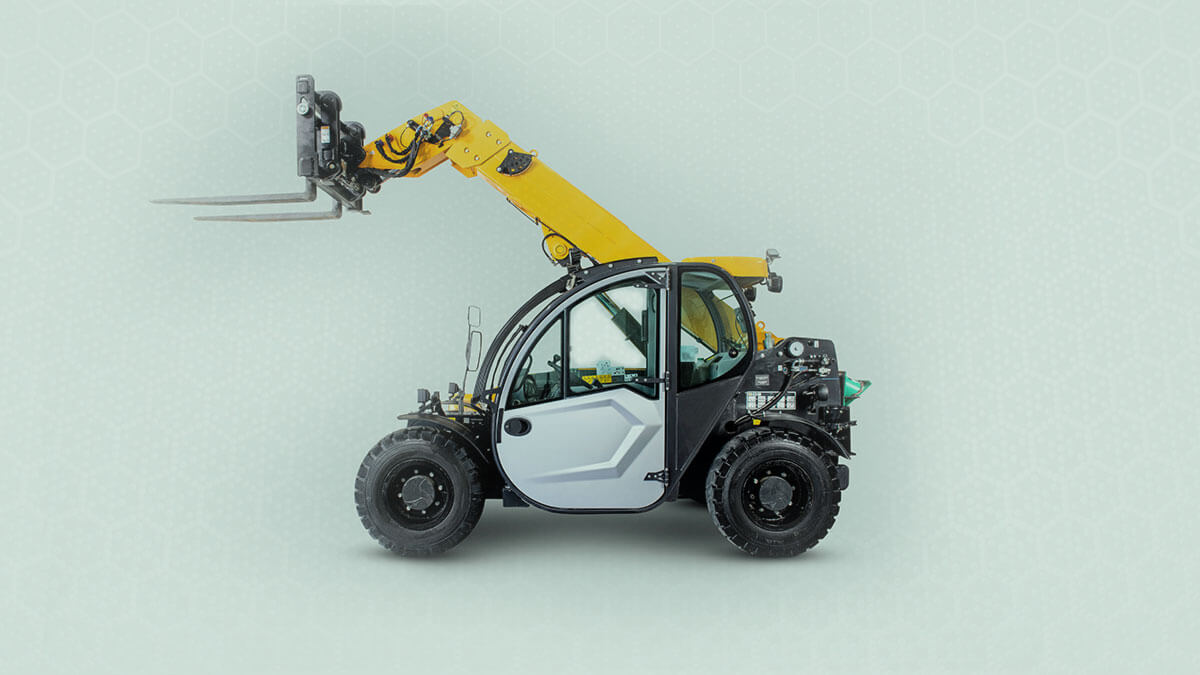
When it comes to buying a vehicle for your business, you will eventually come up to a fork in the road. That is to say, you will be prompted to consider two options; buying a used or a new fleet vehicle.
The decision is rarely a simple one; however, there are a few key points that will help clear things up for you in picking the right one. Specifically, you’ll want to weigh up prices, reliability, and features. You’ll also want to keep your running costs in mind; essentially, you have to be certain that you can afford the ownership of this vehicle, in the long run.
The $64,000 questions
We bet a flurry of questions will run through your head on the quest for the perfect fleet vehicle.
- How does the cost of buying a new fleet vehicle compare to buying a used one?
- If I buy a used fleet vehicle, how much will I spend on maintenance, as compared to buying a new one?
- How does either decision affect my cash flow?
A new vehicle means higher prices and higher depreciation percentage, once you buy. But it also means reliability and the latest technology features. Interestingly enough, a used vehicle means lower initial cost and lower depreciation rates; but also, questionable reliability and possible repairing or upgrading costs.
A fleet vehicle is a big investment. And it’s important to make your decision carefully. Let’s examine what you should think about before you pay a visit to the dealer.
The “used fleet vehicle” scenario
The process of purchasing a used fleet vehicle for your business is pretty much the same as purchasing a used vehicle for personal use. To enumerate, you try to get a good price for the vehicle you have your eye on; you examine how well it is maintained; you check out its current mileage reading. And, finally, you investigate whether it includes a warranty.
Buying a used fleet vehicle: pros and cons
The biggest advantage of buying a used fleet vehicle is that you enjoy lower depreciation hits. This means that you can purchase a vehicle that is a couple of years old, with less money than when you would get it brand new. In like fashion, depending on the vehicle’s make and model, your insurance rates may get lower. When a car worths less, it costs less to insure — makes sense right? And last, but not least, you get low registration renewal fees.
On the other hand, the biggest disadvantage is that it may not be as reliable. All used vehicles have their fair share of wear and tear. As a result, you will have to spend money on repairs and maintenance; or even make a few adjustments here and there to suit your business’s needs. Another important con is the inherently higher mileage. It may consequently lead to other problems, such as worn-out brake pads or a broken timing belt.
Αt a glance:
Pros
- Low depreciation hits
- Lower car insurance rates
- Cheap registry renewals
Cons
- Not necessarily reliable
- Ware and tare—maintenance costs
- Higher mileage
A few things to keep in mind when shopping for a used fleet vehicle
When you finally spot a used vehicle that you are interested in, research its value; therefore, caveat emptor definitely applies if you’re being charged significantly above book value. Next, have it inspected by a trusted mechanic (and use any found defects to negotiate a lower price). Ask for any formal warranty. Check its VIN and review its history report to make sure there aren’t any unpleasant surprises in store. And, of course, conduct a test-drive; you must know how it feels like driving it, before you buy it.
Let’s recap:
- Research the value of the vehicle
- Have it inspected by a trusted mechanic
- Ask for warranties
- Check its VIN and its history report
- Conduct a test-drive
New fleet vehicle on the block
Ah, that new car smell! Who doesn’t love it? Shopping for a brand-new car is exciting, and easy — most of the time. But first, you must work out your budget. New vehicles aren’t for all fleet businesses. And we will see why, pronto.
Buying a new fleet vehicle: pros and cons
The best thing with a new fleet vehicle is that you don’t have to worry about a dark, murky past. It wasn’t involved in accidents; if anything, a new vehicle is reliable. Before you came along, it didn’t have an owner (nobody has mistreated it). Therefore, there’s no wear and tear, no repair; no need for maintenance. And, even when it needs maintenance — depending on the use, perhaps in a couple of years — it probably won’t be that costly.
Another great advantage is that the new fleet vehicle will have the latest technology already incorporated. This translates into better gas mileage, lower CO2 emissions, and an array of smart features for comfort, performance, and safety. Hands-down, technology may well prove to be a game-changer for your fleet business. Caught your attention? We’ll elaborate on this in the next part of this article.
On the flip side, purchasing a new fleet vehicle is expensive. You have to fork out a great deal of upfront capital. But to be fair, automakers frequently offer incentives, such as cash rebates, to lure buyers. So, you may have a lucky strike if you are on the hunt. Another big “ouch” of buying a new fleet vehicle is, of course, depreciation. Seems like a new vehicle takes its biggest depreciation rates in the first two or three years. To put it plainly: you lose money as soon as you drive it off your company’s parking lot. Finally, there are all those new car fees (see below) that you should calculate beforehand; or else you’ll be taken by surprise.
At a glance:
Pros
- Reliable
- No wear and tear, no repairs
- Low maintenance costs (if any)
- Latest technology features
Cons
- Expensive
- Higher depreciation rates
- New car fees: registration, auto sales tax, dealer documentation
Fleet Management Software can save the day, either way
This is the part where we elaborate on the “game-changer” factor we’ve mentioned earlier.
The data handled by a fleet business is enough to give you a headache for a month. Reports on fuel costs, safety, vehicle performance, driver status and whatnot. All data has to be calculated and dealt with, immediately and effectively. (sigh) Truth be told, managing a fleet business is not for the faint of heart.
But what does that even mean? It means that you must have solid management support. If you don’t, at the end of the day it won’t truly matter whether you got a used or new fleet vehicle. Thankfully, with a good vehicle management software platform, you won’t have to fret about monitoring your fleet’s condition. Hence, opting for such a ‘deus-ex-machina’ solution you get a collection of important features that will save the day, either way.
A good vehicle management system will guide you through all the important processes you need to follow. You will be able to:
- Prevent unpleasant situations
- Keep real-time track of the fleet’s status
- Get immediate alerts
- Run automatic reports
- Keep yourself updated on vehicle performance and driver behavior, at any given time
- Orchestrate a safety net
To wrap it up…
Fleet vehicles — used or new — can be a hit or miss. That is to say, you don’t really know what you’re getting into. At least, not until you carefully calculate your capital, check out its log history (for a used vehicle), and test-drive it. Deciding whether to buy a used or new fleet vehicle ultimately boils down to your business needs. And, what your business needs, primarily, is a good vehicle management software.


